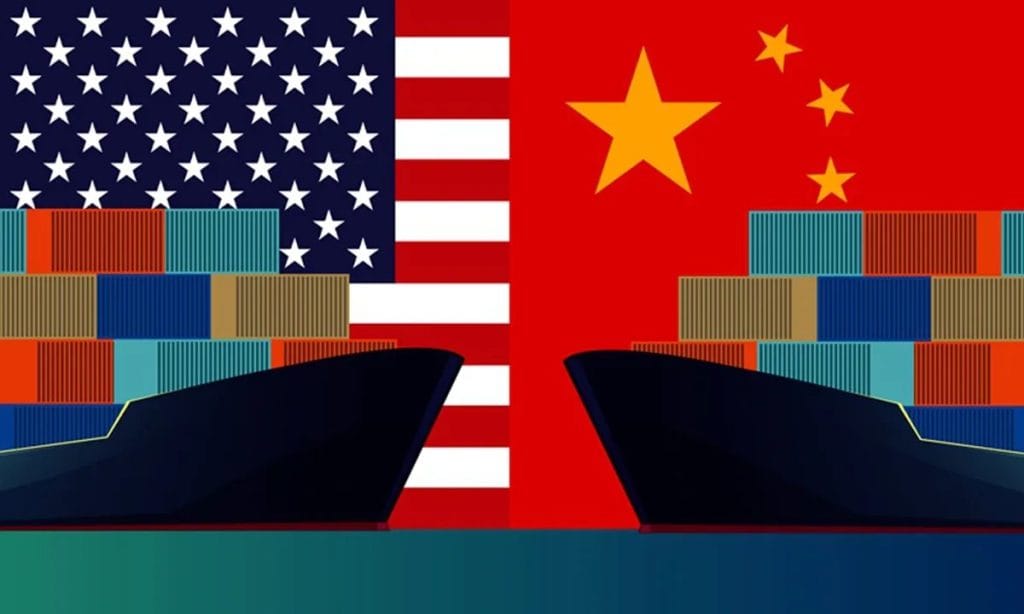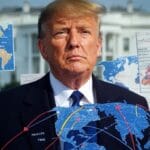
Secretary Yellen’s remarks on the 13th of April 2022, spoke of “friend-shoring” as a commitment to work with countries that “have a strong adherence to a set of norms and values about how to operate in the global economy and about how to run the global economic system.”
What is friend-shoring?
Friend-shoring or ally-shoring has become a mean for the US to influence firms to move their sourcing and manufacturing sites to friendly shores—often back to the same shores in the case of the US. And the purpose is to insulate their supply chains from less like-minded nations, like China.
But is it the best way to go? Today’s global supply chains, made possible by reductions in tariffs and lowering transportation and communication costs, have transformed production by allowing firms to manufacture goods wherever the cheapest. This generally means that while high-value-added inputs (such as research and development, design, advertising, and finance) are sourced in advanced economies, low-end manufacturing moves to emerging markets and developing countries.
Secretary Yellen’s remarks of April 13, 2022 spoke of “friend-shoring” – a commitment to work with countries that “have strong adherence to a set of norms and values about how to operate in the global economy and about how to run the global economic system.” But is it the best way to go?
“Friend-shoring can be extremely risky,” says Tom Wrobleski, co-leader of Korn Ferry’s Supply Chain Talent Optimization practice.
Where is friend-shoring leading towards?
After the global economy has been influenced by the years long lockdown of Covid-19, any form of protectionism will further disrupt the already unstable global supply chain. Despite the political controversies in China, since the 90s, the country has been dedicating its resources to manufacturing, and many companies have already planted their manufacturing roots in China, where their suppliers are all in proximity. Although other Asian countries like Vietnam, India and Thailand are also known for low-cost manufacturing, still, relocating the manufacturing sites might be costly and risky for companies because not only do they have to replan the whole supply chain for all materials needed, but other Asian countries also might not have the complete infrastructure in place to facilitate manufacturing in some industries.

“You’re picking sides and can unintentionally forge bad blood with other countries.”
This new form of protectionism will not be conducive to globalization while affecting global supply chain and economy. And in the long term, this could backfire if the country your company relies on—for lithium for batteries, say, or precious metals for computer chips—feels alienated. Also, as this becomes a trend, the world will gradually be separated, and it will be hard for countries to work together for the wellbeing of humanity.
Conclusion
Today’s world has reached its prime by countries working together. By having each country using its best advantage to contribute to the world’s economy, everyone’s disadvantage gets compensated. Although we are still way far from complete globalization, and there are many differences and even controversies between countries, friend-shoring would not be very proper a way to address the issues.
Auspi is a Global enterprise with facilties in China, Czech, Brazil and Branches in UK, USA, Russia, Hongkong. In today’s constantly changing and competitive environment of the electronics industry, there are always news products & services coming in to the market, Auspi also can provide off-shore or friend shore manufacturing service, We make ourselves constantly competitive by extending our service offerings for our clients, out most valuable partners!








